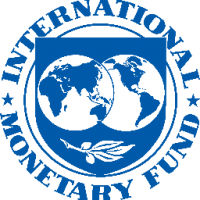All topics
Reflections on 30 Years of Investing in Global Emerging Markets

Baillie Gifford launched its first global emerging markets product in 1994. Since then, the asset class has changed dramatically, requiring investors to be adaptable and long-term in their outlook.
Find out why emerging markets appear very well-placed for growth in the coming years. Read Tempora Mutantur: Reflections on 30 years of global emerging markets.
In summary...
• Evolution of Emerging Markets: The term "emerging markets" was introduced to highlight the potential and dynamism of developing countries.
• Specialization and Skills: Investing in emerging markets requires a distinct set of skills, including understanding macroeconomic drivers, embracing uncertainty, and recognizing the potential in areas not yet fully proven.
• Value of Active Management: There are significant benefits that specialist active managers bring to emerging market investments. And when done right, skillful management has the potential to enhance long-term returns.
• Impact of Macro Cycles: The performance of emerging market equities is greatly influenced by macroeconomic cycles, such as changes in commodity prices, underlining the importance of understanding these cycles for successful investment.
• Adaptability and Long-Term Perspective: Baillie Gifford's approach to emerging markets is characterized by a stable yet adaptable strategy, focusing on long-term growth and the ability to evolve with changing market conditions.





